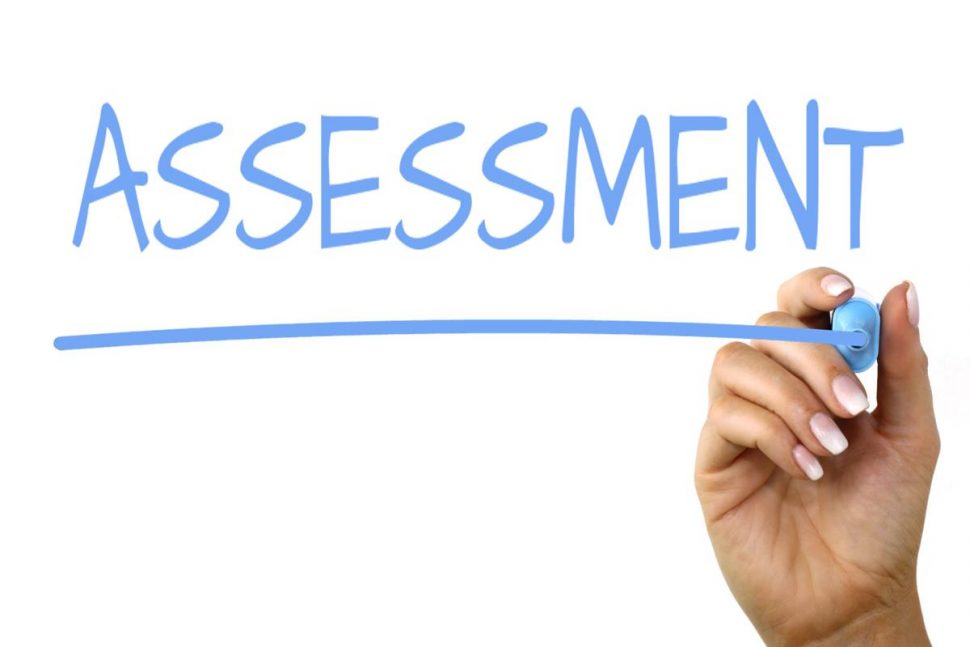Tried and Tested?

Late last week the National Disability Insurance Agency announced they would be trialling a new assessment process for some people with disability applying for support from the NDIS.
We have been able to find out a little bit more. Here’s a quick summary of what we know:
So what is happening?
The trial will involve using a team of independent health professionals to carry out assessments of people applying for the NDIS. These assessments will then be used to help determine access to the NDIS and the supports which should be included in a person’s plan.
The assessments will look at what is called “functional impact” – the impact a person’s disability has on their everyday life.
Trained staff from The Benevolent Society will use standardised tools for the assessments such as the Vineland and the PEDI-CAT.
After this assessment has been carried out, planning will take place in the usual way.
The trial will be conducted in some places in New South Wales and will be limited to people with an intellectual disability, people with psychosocial disability and people on the autistic spectrum.
The NDIA say those groups have been chosen because they represent 65% of participants in the scheme.
Participation in the pilot will be entirely voluntary – and you can opt out any time. If you take part you will receive the assessments free of charge.
Why are they trying something new?
The NDIA say the new process is being trialled to improve consistency and fairness.
They also want to make sure planners have access to good information that will help get the right supports get into people’s NDIS plans.
What difference will it make?
We think it is good that the NDIA are responding to people’s concerns. At all of the Make it Work forums we have held around the country, people have told us how frustrated they are at the lack of consistency in decisions made by the NDIA.
So it’s good to see the NDIA are making changes as a result.
We also think it is good that these assessments are being provided free of charge – lots of people have talked to us about how they cannot afford expensive assessments to provide to the NDIS. And it can take a very long time to see anyone in the public health system which means people wait even longer to get the help they need.
But …
Assessments using standardised tools carried out by people who do not know the person they are assessing is only one way to collect information about the impact of someone’s disability on their daily life.
Many people with disability and their families already have comprehensive and detailed reports from professionals who have either known them for a long time or have spent a great deal of time carrying out the assessments.
We are not sure how those two kinds of reports will be considered alongside each other.
And we are not sure how this new process will work for people who have more than one disability.
And most importantly we have to make sure this new process does not become a sneaky way to restrict access to the scheme for those who need it the most.
We don’t want the NDIS to become just another Centrelink. We have all fought too long and too hard to let that happen.
So we will be watching very carefully to see what happens next.
And we will be keen to hear from those of you who are participating in the pilot about your experiences – how did it work for you? And do you think it captured the information planners need to know about you to help create a good plan?

Join the conversation